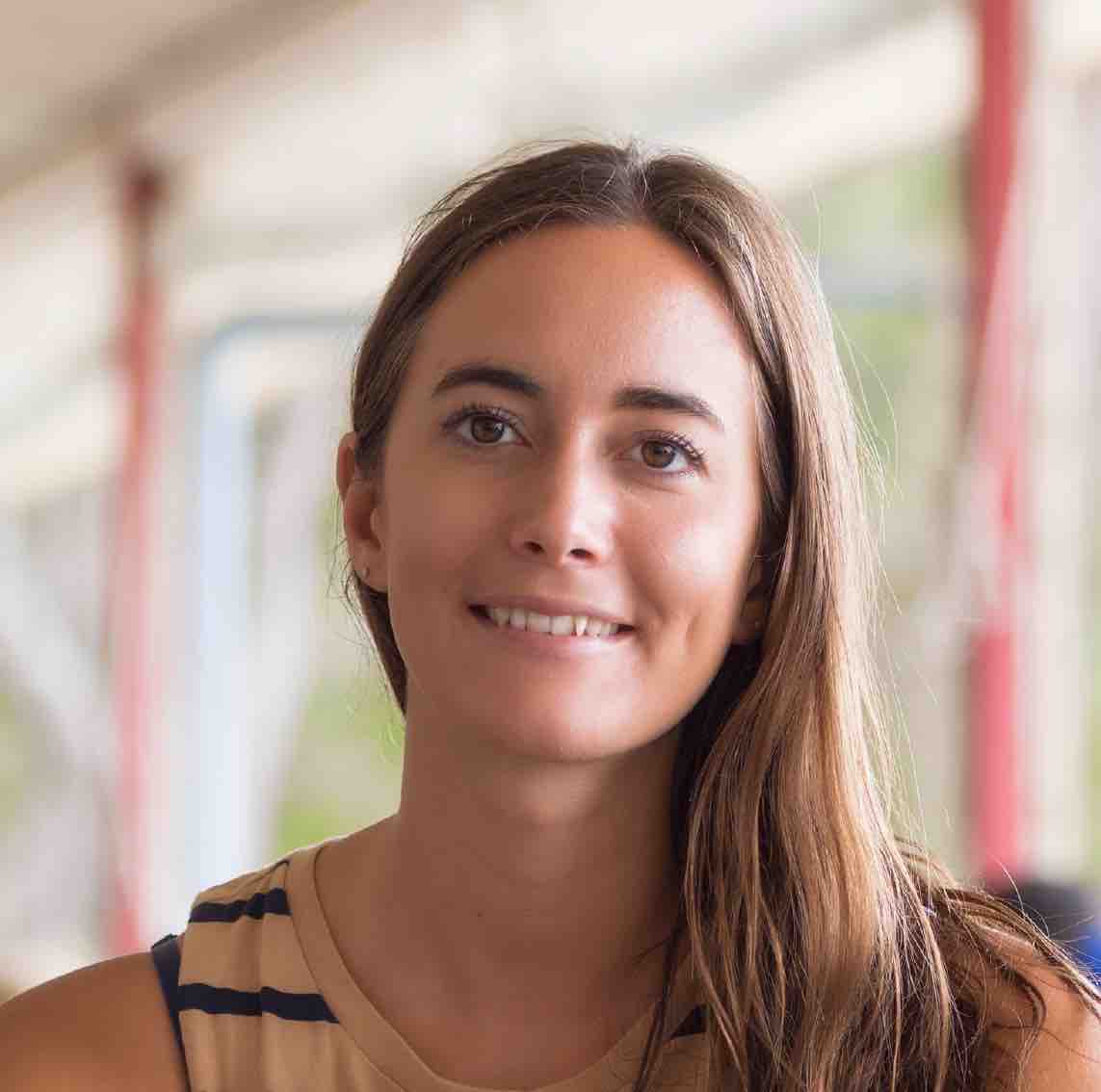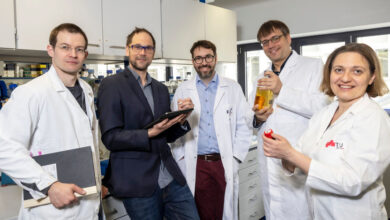KAUST’s Commitment to Advancing Artificial Intelligence Education

Summary: King Abdullah University of Science and Technology (KAUST) in Saudi Arabia is at the forefront of advancing artificial intelligence (AI) education to address rapid information processing and development of new ideas. The university’s continuous education system, encapsulating specialized training programs and collaborations, aims to cultivate high-quality national talent aligned with workforce demands in the real world and to support the targeted outcomes of Vision 2030, the country’s ambitious national transformation program.
King Abdullah University of Science and Technology embarks on a journey to excel in the field of artificial intelligence (AI) by offering rapid information processing capabilities and generating high-efficiency skill plans. The Saudi Arabian institution focuses on fine-tuning abilities and providing training to enhance the quality of the national workforce. This initiative brilliantly combines premium educational methods with advanced content relevant to real-world scenarios.
In its quest to improve AI-related capabilities, KAUST launched a comprehensive suite of science and technology-based “Continuous Education” training courses through its academy. Since 2022, it has introduced six training programs, three summer camps, and reached out to 20 Saudi universities, attracting participants from 12 cities across the Kingdom. Notably, women represent a significant 70% of the participants. By the end of that year, approximately 2,000 students had undergone training in the presence of AI specialists, including globally renowned professor Jürgen Schmidhuber, often referred to as the “father of modern AI.”
KAUST’s AI journey is not only elevating academic establishments’ role in human capacity building and innovation, but it’s also leveraging cutting-edge technology driven by leading experts. The university fosters unique collaborative partnerships with key players from public and private sectors, harboring immense aspirations to integrate AI across critical domains, specifically enhancing security, energy, data analysis, and health sectors – all in line with the objectives of Saudi Arabia’s Vision 2030.
Advancements in Artificial Intelligence Education at KAUST
King Abdullah University of Science and Technology (KAUST) has taken significant steps to establish itself as a beacon of artificial intelligence (AI) education. As a central tenet of its educational philosophy, the university emphasizes not only academic theory but also the application of AI in practical contexts. The focus on continuous education and specialized training programs ensures that students and participants emerge with a deep understanding of AI principles and the skills necessary to apply these in the industry.
Saudi Arabia’s ambitious Vision 2030 outlines a roadmap for diversifying its economy, with an emphasis on the development of technology and innovation as key enablers. The cultivation of tech-savvy talent through programs at KAUST is directly aligned with these national transformation goals. There is an increasing demand for AI professionals across various sectors, and KAUST is a pivotal institution in meeting this demand.
Market Forecasts and Industry Trends
The AI industry is experiencing exponential growth worldwide. According to market research, the global AI market size is expected to surge, reflecting both the increasing adoption of cloud-based services and the growing demand for intelligent virtual assistants. Saudi Arabia, too, is experiencing a burgeoning interest in AI, as indicated by its increasing investment in the sector, which will likely result in job creation and economic growth.
With industries like healthcare, automotive, finance, and energy leaning heavily into AI and machine learning, the need for high-quality education programs like those at KAUST cannot be overstated. These programs ensure a steady pipeline of capable individuals ready to lead the charge in these industries.
Industry Challenges and Issues
While the AI sector offers impressive potential, there are challenges that need to be addressed. The swift evolution of AI technologies necessitates constant adaptation in education to keep up with the latest advances. There is also a pressing need for strong ethical frameworks, as issues concerning data privacy, AI bias, and decision-making transparency become more prominent. The lack of diversity in AI is another concern; hence, KAUST’s emphasis on including significant female representation within its programs is a commendable step towards addressing gender disparity in the field.
KAUST’s initiative adds significant value to the AI industry by not only advancing the technical prowess of Saudi Arabia’s workforce but also ensuring that they do so with a global perspective and ethical consciousness reflective of the responsibilities that come with AI development.
The industry must continue to work with educational institutions like KAUST to ensure the ethical deployment of AI and to encourage the adoption of AI across sectors in a manner that is sustainable and beneficial for all stakeholders involved.
Conclusion
King Abdullah University of Science and Technology is fostering a new generation of AI experts equipped to handle the challenges and opportunities presented by the digital age. As the university propels forward in alignment with Vision 2030’s objectives, it sets an example for regional and global counterparts to prioritize educational excellence and industry relevance in AI and related fields. The success of KAUST’s programs serves as a testament to the potential for educational institutions to significantly influence the trajectory of national industry capabilities and global innovation.

Natalia Toczkowska is a notable figure in digital health technology, recognized for her contributions in advancing telemedicine and healthcare apps. Her work focuses on developing innovative solutions to improve patient care and accessibility through technology. Toczkowska’s research and development in creating user-friendly, secure digital platforms have been instrumental in enhancing the effectiveness of remote medical consultations and patient monitoring. Her dedication to integrating technology in healthcare has not only improved patient outcomes but also streamlined healthcare processes, making her a key influencer in the field of digital health innovation.



